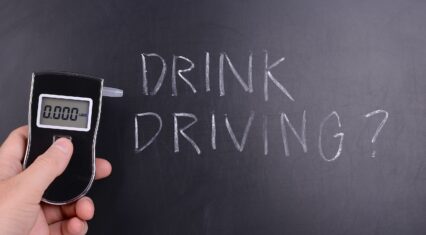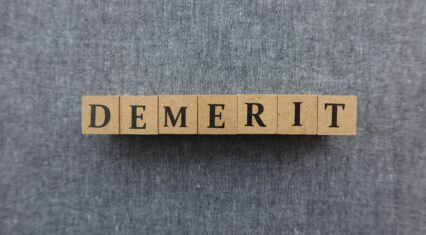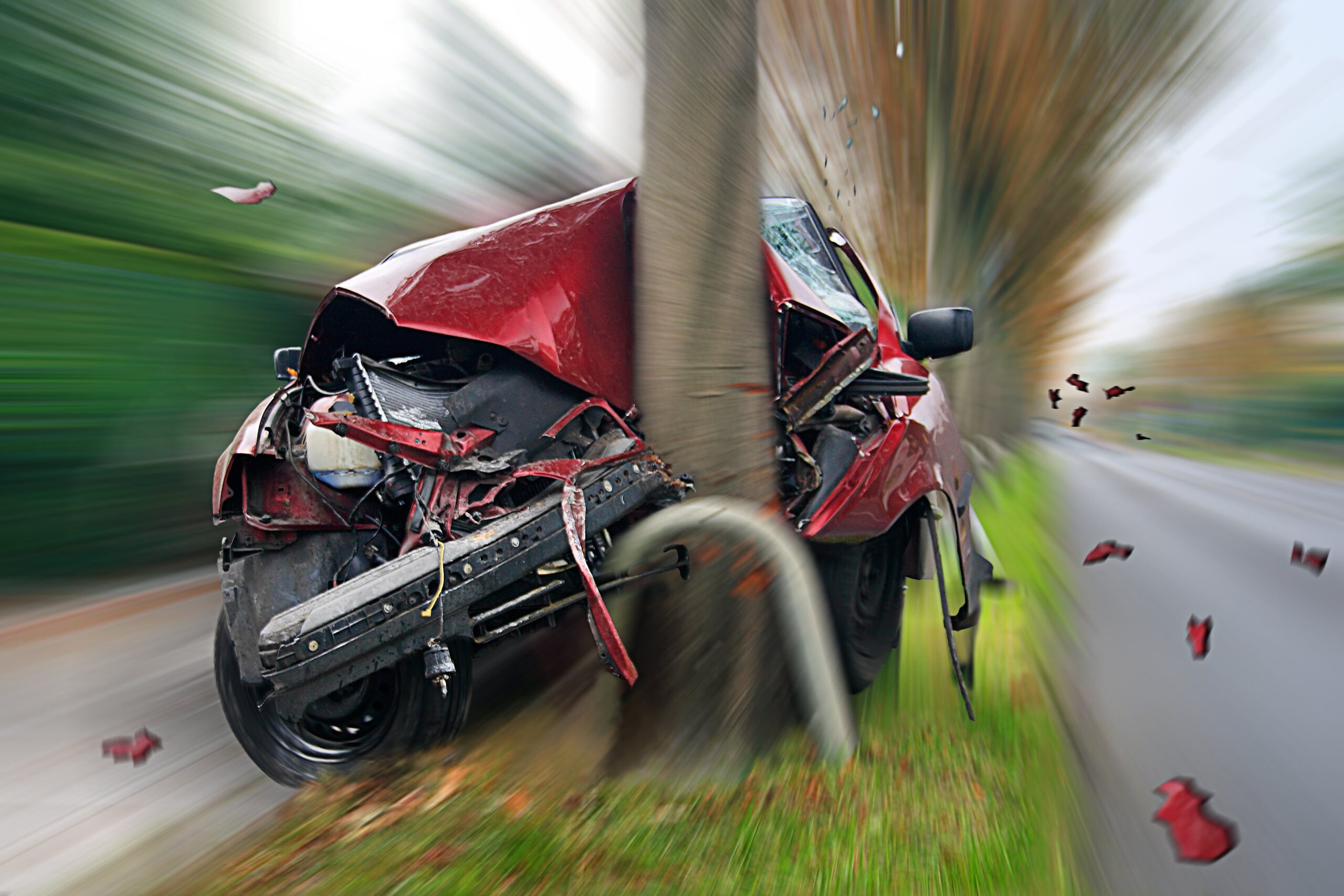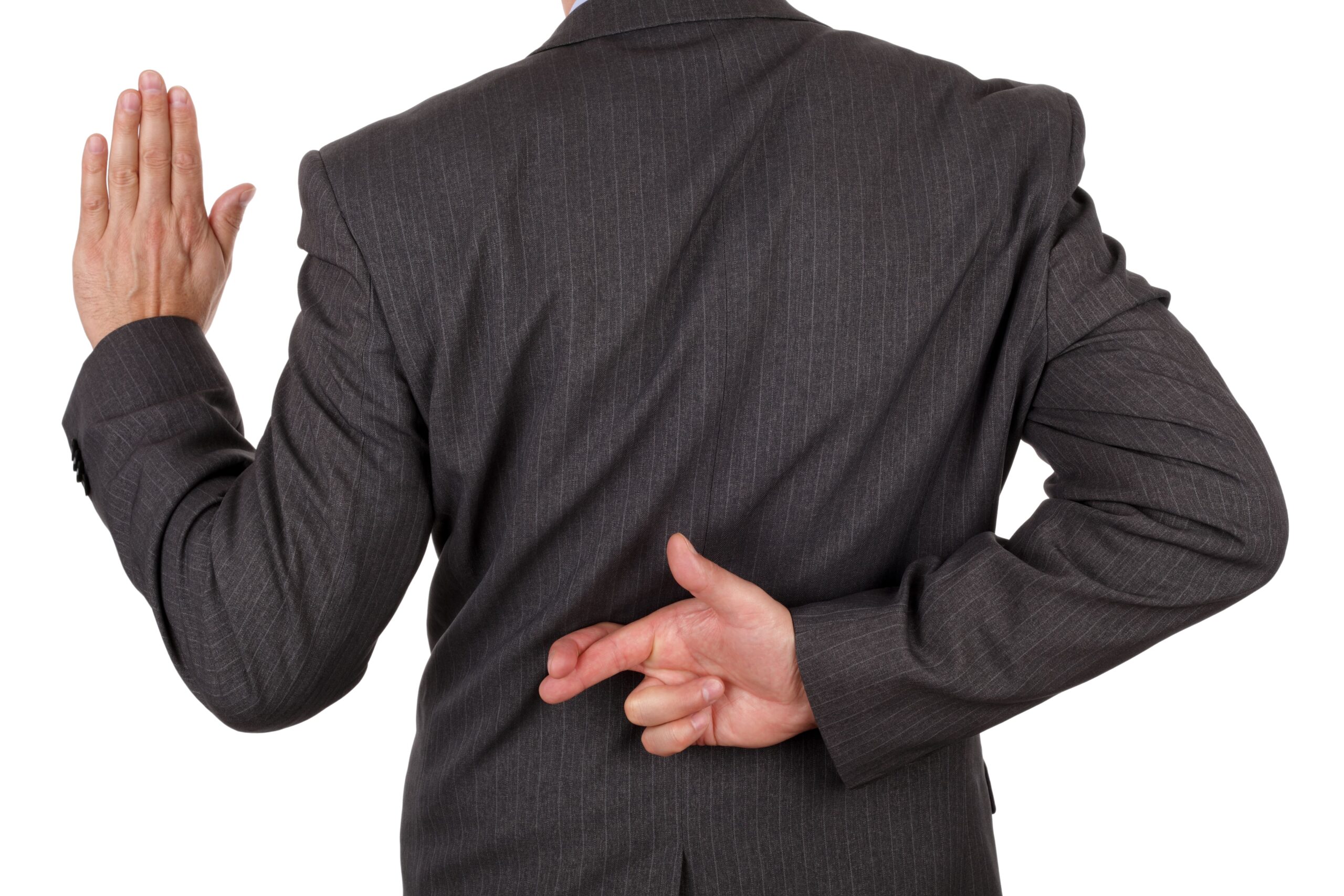Where you intend to plead guilty or the court finds you guilty for a drink driving offence, a well written letter of apology for the Judge to read can significantly improve your sentence outcome.
Sample apology letter if charged with a drink driving offence
Typed letterhead here i.e. GHI Pty Ltd
Date:
To: The Presiding Local Court Magistrate or District Court Judge
Name the specific court I.e. Liverpool Local Court
Your Honour,
GENERAL TOPICS TO BE COVERED
- Brief outline of your insight and remorse regarding your drink driving offence. For example, “I acknowledge the seriousness of my regretful conduct, and I understand the harm/potential harm it caused to myself and other road users”.
- Insight can also be demonstrated by completing an accredited traffic offenders program.
You can then express what you learnt from it and even briefly outline an experience shared
by one of the speakers from the program.
- Insight can also be demonstrated by completing an accredited traffic offenders program.
- Your age.
- Express the shame you experienced from reflecting on your drink driving offence, especially after the insight gained and people you disclosed the offence to. You may also outline the embarrassment from the police and court process.
- Express that you will never drink and drive again.
- Express your employment circumstances, including:
- Your role, period of time you’ve worked here and in the industry.
- Brief outline of the consequences a drink driving conviction and licence disqualification will or will likely have on your job and explain why.
- Any requirements to undergo and pass routine security clearances and criminal background checks for work and how often. Outline what if any impact a conviction will have on your ability to pass these requirements. You should also have evidence to back this up.
- Outline whether having a driver licence is an essential requirement of your job and why.
- Outline the extent of detrimental impact your employer will suffer if you were no longer working there and why.
- Outline if your employer has a non-conviction policy for your role.
- Outline if your job requires you to travel overseas and whether a drink driving conviction will likely affect you travelling. Also outline how often and destinations you travel to. Evidence to back this up should also be obtained.
- Brief outline of your personal circumstances, including:
- Any family or other dependents who rely on you to drive them and outline why.
- Any family or other dependents who rely on your income and outline why.
- Any mental and physical health issues you have.
- Outline of any significant expenses you have, and extent of financial contribution you make.
- Outline the affect or likely affect a drink driving conviction and/or disqualification will have on:
- Your capacity to get a job in your chosen field; or
- To get into a chosen course; or
- To get registration in a professional body in order to be allowed to practice in your chosen profession.
- Brief outline of any charity contributions you have made.
- Outline of any rehabilitative steps you have taken to convince the court you will not re-offend. This can be demonstrated by:
- Outlining any treatment received and period you received it for to address the factor(s) that contributed to you committing the offence. For example, if there appears to be a drinking/alcohol and/or mental health problems, then you may receive drug and alcohol counselling or psychological treatment. It it good to outline how many sessions you have had to date. You should also back this up by having evidence in writing from the treatment provider.
- Outline any programs you have completed, such as the traffic offenders program or MERIT program where you have gained insight.
Yours faithfully.
Signed
Print your name here
FAQ
- Keep the length of your apology letter to one page. Magistrates and Judges have many cases to get through in a day. You will likely get a better response if your apology letter is on point and succinct.
- It is recommended to type your apology letter with a date and signature.
- Give the Judge or Magistrate the signed and dated original letter, not a copy.
- Ensure your apology letter makes sense when reading it. Check for any spelling or grammatical errors and avoid saying irrelevant things. It is recommended to have an experienced criminal defence lawyer to review it.
- Avoid using anyone else’s words. Use your own words and sentences to communicate what you’re saying.
- Refer to the Judge or Magistrate as “Your Honour”.
- Do not tell the Judge or Magistrate what to do or how to do their job. For example, avoid saying, “I should not go to jail for this”, or “I deserve a section 10 dismissal or Conditional Release Order without conviction”.
- Do not provide excuses for your offending conduct. Remember, you have pleaded guilty or been found guilty. Avoid shifting blame to anyone other than yourself. Giving excuses or shifting blame will show a lack of insight and remorse, and this will likely result in a heavier sentence.
- Do not copy other people’s words or sentences. A Judge or Magistrate will likely be able to tell whether your apology letter is original or a copy of someone else.
- I have reflected on my drink driving offence and assure you that I will never repeat it…
- After thinking about my conduct, I acknowledge that it is a serious offence and understand that it caused/could have caused significant harm to other road users and myself…
- I experienced tremendous shame after disclosing my drink driving offence to those close to me…
- After attending and completing the traffic offenders program/alcohol counselling, I have learned/realised…
Our team of drink driving lawyers have over 25-years-experience and an exceptional track record of outstanding results in serious drink driving cases, where we have successfully:
- Achieved section 10 dismissals and Conditional Release Orders without conviction.
- Avoided driver licence disqualifications and demerit points for serious drink driving cases.
- Avoided imprisonment sentences for serious drink driving cases.
- Achieved withdrawal of charges and downgrades to less serious charges.






